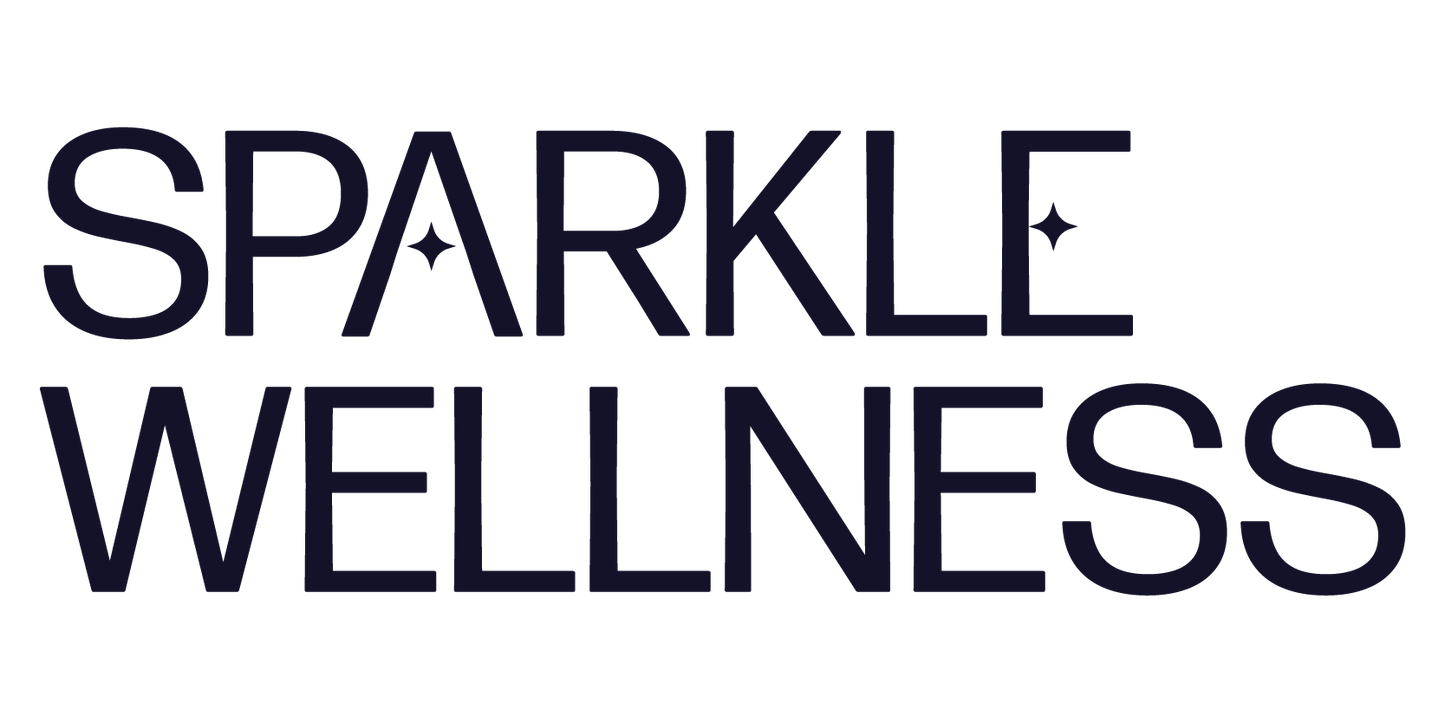HOW TO START YOUR NUTRITIONAL JOURNEY: ADVICE FROM REGISTERED DIETITIANS
Understanding and implementing basic nutrition principles is essential for achieving your health objectives. It's all about making small, positive changes that can add up to a big impact on your health and well-being. And remember, it's not about following strict diets — let's toss that diet culture mentality out the window. Instead, remember that improving your nutrition is more about adding nutrient-rich foods to your diet.
By focusing on incorporating a variety of wholesome ingredients, you can enhance your overall health. While we know it is hard to cut out treats that have become relied upon for comfort or enjoyment, we want you to challenge yourself to make better choices — small changes will have an incredible impact on your mental and physical health.
UNDERSTANDING THE BASICS: NUTRITION ESSENTIALS
Embarking on a nutritional journey can feel overwhelming, but understanding the fundamental building blocks of what you eat is key.
Let’s break down the essential nutrition components, starting with the crucial distinction between macronutrients — the energy powerhouses of carbohydrates, proteins and fats — and micronutrients — the vital vitamins and minerals that support countless bodily functions.
Laying this foundational knowledge is the first step in making informed choices and building sustainable, healthy eating habits for a lifetime of well-being.
WHY VARIETY MATTERS IN YOUR DIET
Fueling your body with truly balanced meals is like providing it with the premium fuel it needs to run efficiently and thrive. It goes beyond simply satisfying hunger; it's about consciously constructing your plate with a variety of whole, unprocessed foods from all the food groups.
- Think vibrant fruits and vegetables in a rainbow of colors, each offering a unique profile of vitamins, minerals and antioxidants.
- Include lean proteins (poultry, fish, tofu, edamame) to support muscle growth and repair.
- Choose whole grains (brown rice, quinoa, oatmeal, whole wheat) for sustained energy and fiber.
- Healthy fats (extra virgin olive oil, avocado, nuts) are crucial for hormone production and nutrient absorption.
This deliberate diversity ensures you're not just getting enough calories, but also a comprehensive array of essential nutrients working synergistically to support everything from your immune system and energy levels to your mood and long-term health.
By embracing this "eat the rainbow" approach across your meals, you're investing in a foundation of optimal health and well-being that radiates from the inside out.
FOUR STEPS TO GETTING STARTED
Taking the first steps towards a healthier relationship with food involves honest self-reflection and a practical approach. To guide you effectively on this journey, we'll explore four key areas.
1. ASSESS EATING HABITS
Taking a closer look at your current eating habits is the crucial first step in crafting a healthy nutrition plan. For one week, commit to diligently documenting everything you consume — every meal, snack and beverage. You can do this through a traditional written food diary, noting down what you ate, when and even how you were feeling at the time. Alternatively, utilizing photos can provide a visual record of your portions and food choices.
This week-long assessment isn't about judgment or restriction; it's about gathering valuable information. By the end of the week, you'll likely begin to see patterns emerge. Are sugary drinks a daily habit? Are your portions larger than you realized? Identifying these trends, both positive and areas needing attention, provides a clear and objective starting point for making informed and sustainable improvements to your diet.
2. SET REALISTIC GOALS
Focus on making small, manageable changes that you can realistically sustain over time. Think of it as building a strong foundation, one brick at a time.
For instance, instead of completely overhauling your vegetable intake, aim to add one extra serving of your favorite greens to dinner each night. Similarly, if you have a sweet tooth, explore healthier alternatives rather than feeling deprived, such as dark chocolate, dates or sweetening your baking with sugar alternatives like allulose.
3. UNDERSTAND PORTION SIZES & HUNGER/FULLNESS CUES
Developing an understanding of appropriate portion sizes and cultivating awareness of your body's internal hunger and fullness signals are powerful tools in navigating your nutritional journey. Forget rigid calorie counting for a moment and instead familiarize yourself with visual cues for common food groups. Comparing food portions to common objects offers a practical approach to gauging serving sizes. For example, a medium pepper approximates the size of a baseball and counts as one vegetable serving. An apple is roughly the size of a baseball, so this would count as a serving of fruit.
Simultaneously, begin to consciously listen to your body. Before reaching for food, ask yourself if you're truly experiencing physical hunger or if it's driven by boredom, stress or habit. During meals, eat mindfully, paying attention to the taste, texture and aroma of your food. Pause between bites and check in with your satiety levels. Consider including protein in every meal to help keep hunger at bay.
4. REACH OUT FOR PROFESSIONAL GUIDANCE
In the often-confusing landscape of nutrition information, it's wise to exercise caution, particularly when encountering trendy or restrictive "fad diets" that promise rapid results. These approaches are often unsustainable in the long run and can sometimes lead to nutrient deficiencies or a negative relationship with food.
Instead, prioritize building a balanced and enjoyable eating pattern that supports your overall health and well-being. For personalized and evidence-based guidance, consider seeking the expertise of a qualified nutrition professional, such as a Registered Dietitian (RD) or Registered Dietitian Nutritionist (RDN).
EMBRACE THE JOURNEY
Our philosophy revolves around balance, variety and mindfulness. It’s not about strict diets or complete elimination of certain foods, but about making informed choices that nourish your body and fit your lifestyle. Listening to your body’s hunger and fullness cues, enjoying your meals and allowing for occasional treats are all part of a healthy relationship with food.
Embarking on this journey is about empowerment and self-care. Take it one step at a time, be patient with yourself and celebrate your progress along the way. If you have specific health concerns or goals, consulting with a registered dietitian can provide personalized guidance and support.
Remember, nutrition is not one-size-fits-all. It’s about finding what works best for you and making sustainable changes that improve your overall well-being.
ABOUT NUTRITION ALIGNED

Nutrition Aligned is a personalized nutrition coaching service dedicated to helping individuals achieve their health and wellness goals. They offer one-on-one consultations to create tailored nutrition plans, addressing specific needs like disordered eating recovery. Additionally, they host customizable group nutrition education events, providing informative presentations and one-on-one goal-setting sessions.






